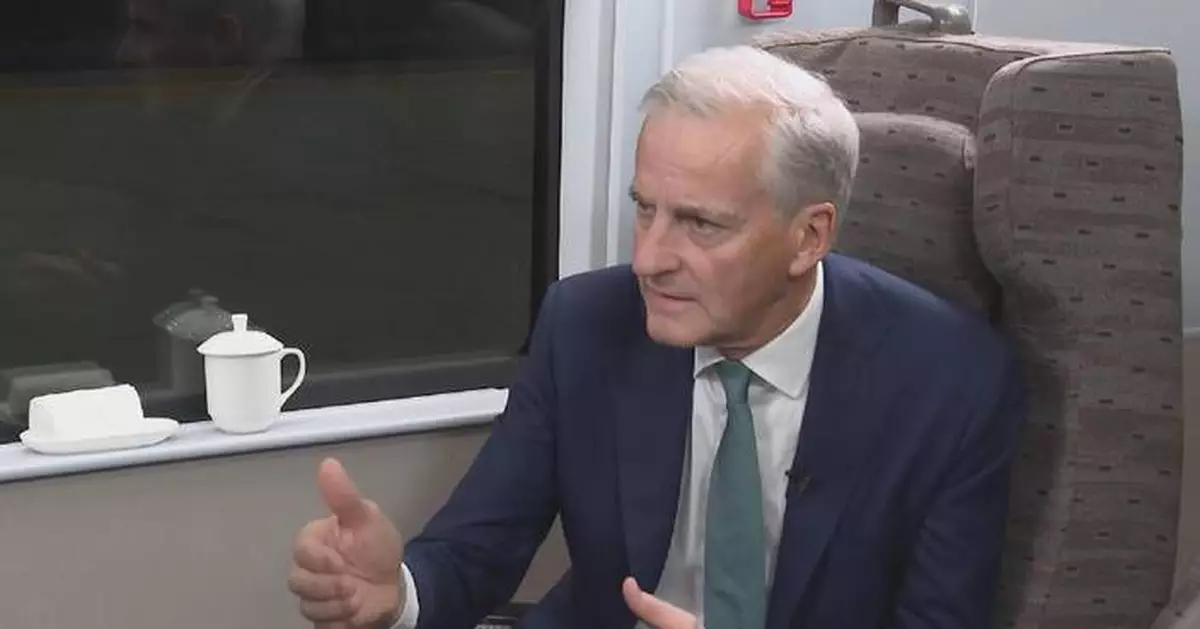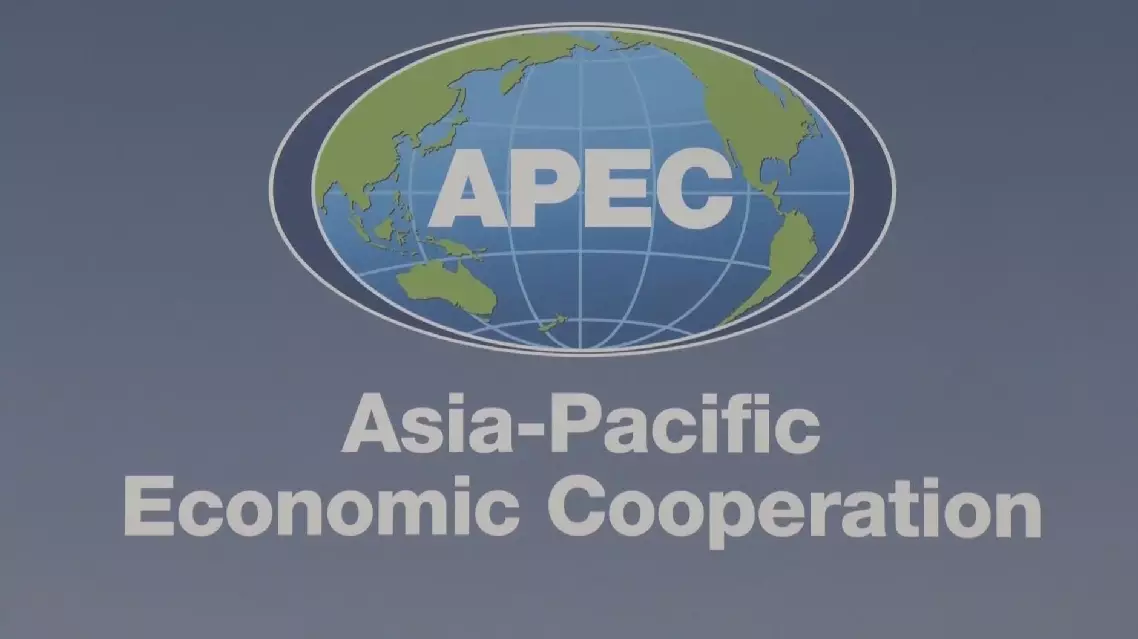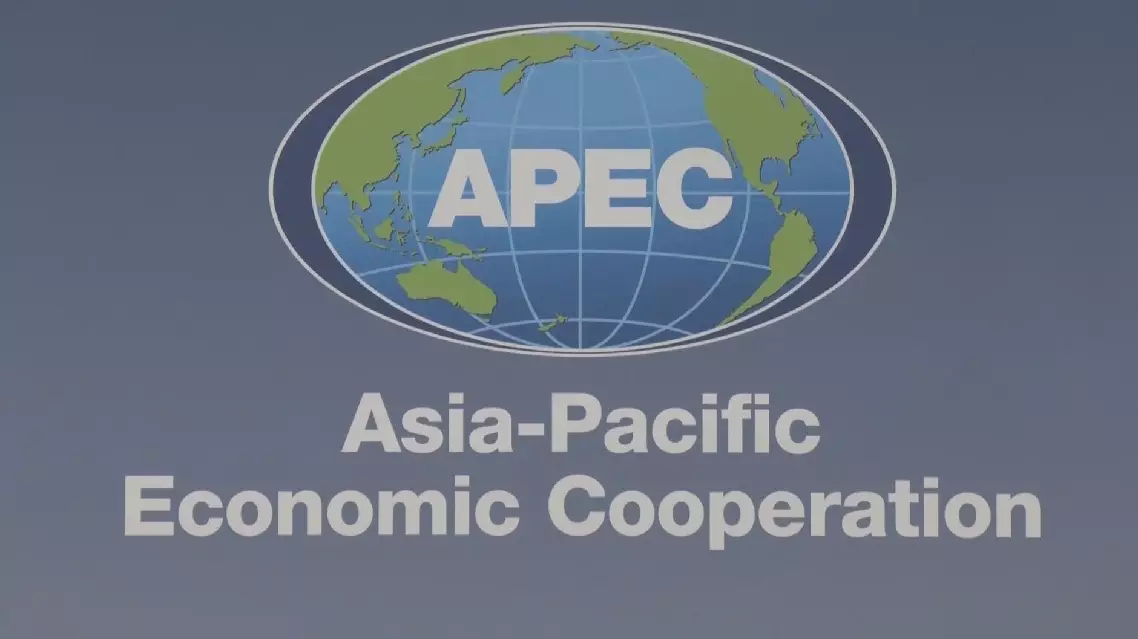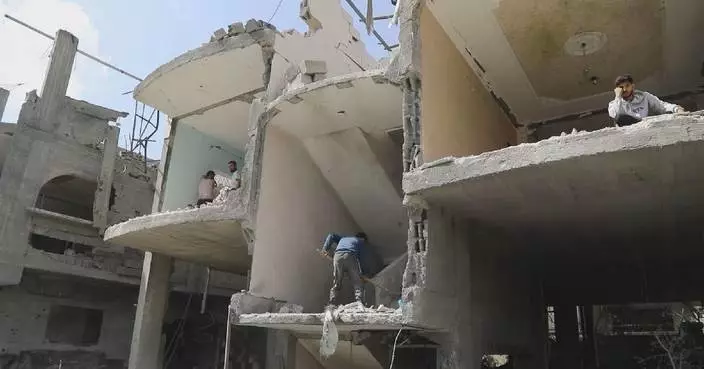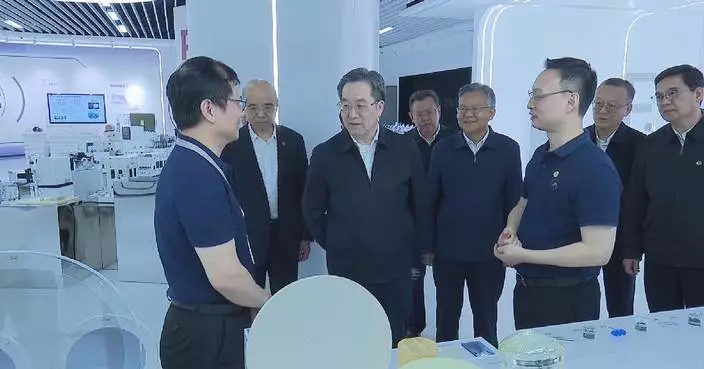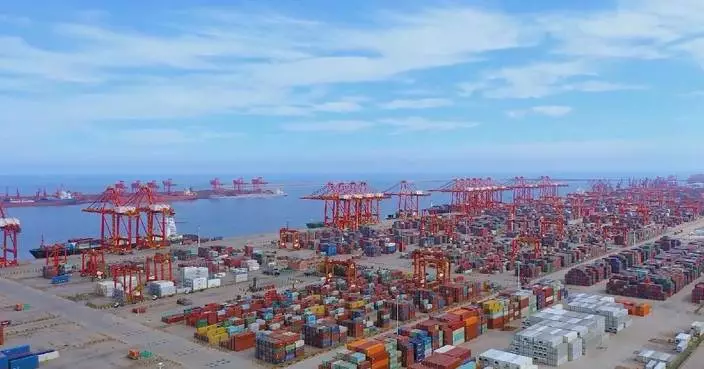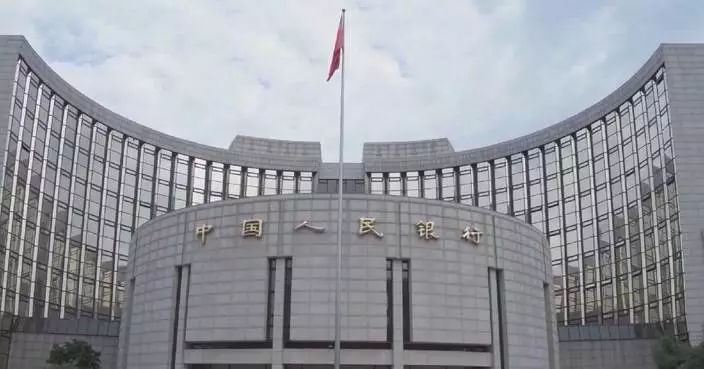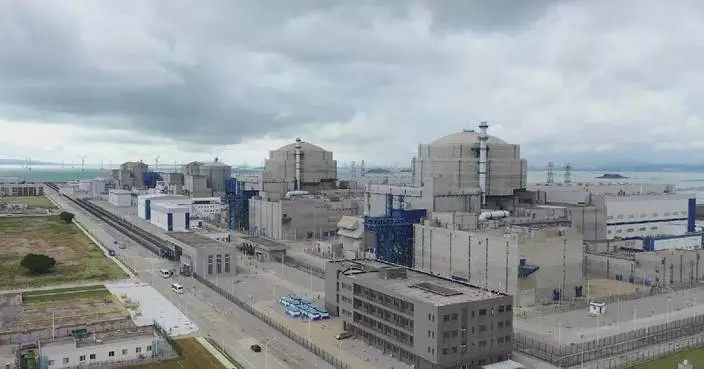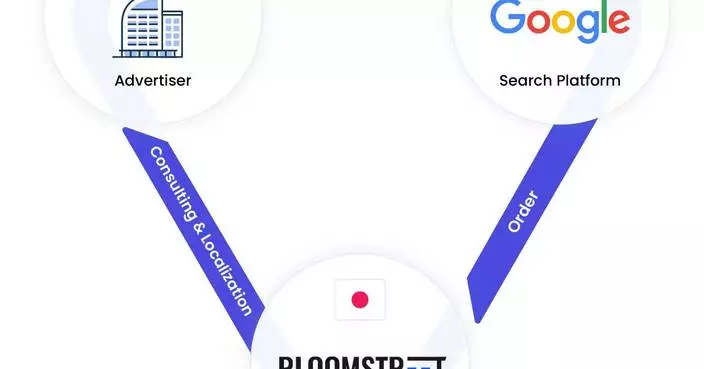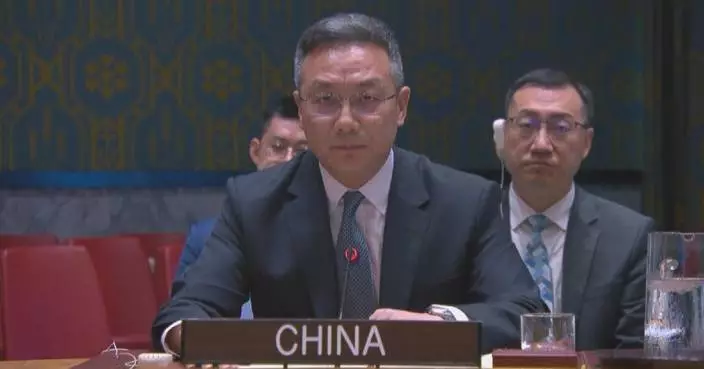Norway believes it is essential now to recognize Palestine's statehood, particularly due to the current Israeli government's rejection of a two-state solution, said Norwegian Prime Minister Jonas Gahr Store during his official visit to China from Monday to Wednesday.
After meeting with Chinese President Xi Jinping, Premier Li Qiang, and top legislator Zhao Leji in Beijing, Store took a high-speed train to Shanghai on Tuesday.
Speaking with China Media Group (CMG) on the train, Store stressed that while Norway has supported Israel since its creation, there should have been a path for a Palestinian state.
"Since the creation of the State of Israel, which Norway is supported very actively and we still do, there should have been also a path for the Palestinians to have their state. This has not happened. And for the last thirty years we have worked actively in Norway to support a peace process that could lead to an agreement between Israel and Palestinians on creation of peace and also a Palestinian state. The large majority of states have recognized the Palestinian state, but Norway was among the countries who said we would like to get there, but as part of a peace deal. Then we changed our perspective because we now had a government in Israel that actively is not only not promoting negotiations for a two-state solution, but saying that that is excluded, they do not want to work for that. And that is the time where I believe we have to say we recognize a Palestinian state," said the prime minister.
Norway, Ireland and Spain announced in May this year that they would officially recognize Palestine as a state. The three announced in rapid succession.
Store emphasized that Palestinians must be granted rights and obligations as a state to prevent violence. He condemned attacks on civilians and stressed the need to restore peace and stability in the region as soon as possible.
"If you are a state, it's a serious business. You have to behave according to major international regulations and rules, and Palestinians should be given those rights and obligations. If we don't do that, it will be violence and terror that would speak, and that I think is wrong. There is a terrible war going on. Norway condemns the attack that hit Israel a year ago, a brutal attack on civilians. We defend Israel's right to defend itself, but the way this war has gone on is beyond what is acceptable according to international law, and not least humanitarian. And then we have to look ahead. How can there be peace and stability and security in this region? Because wars there are also dangerous for world stability an beyond," he noted.
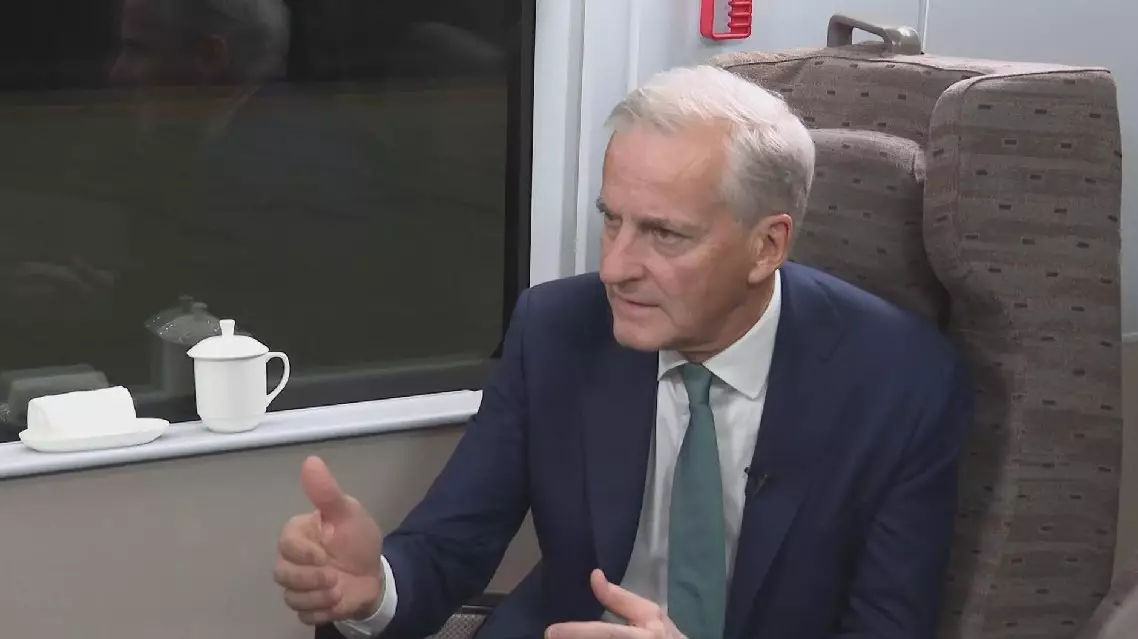
Norway to continue advancing Palestinian-Israeli peace process: PM
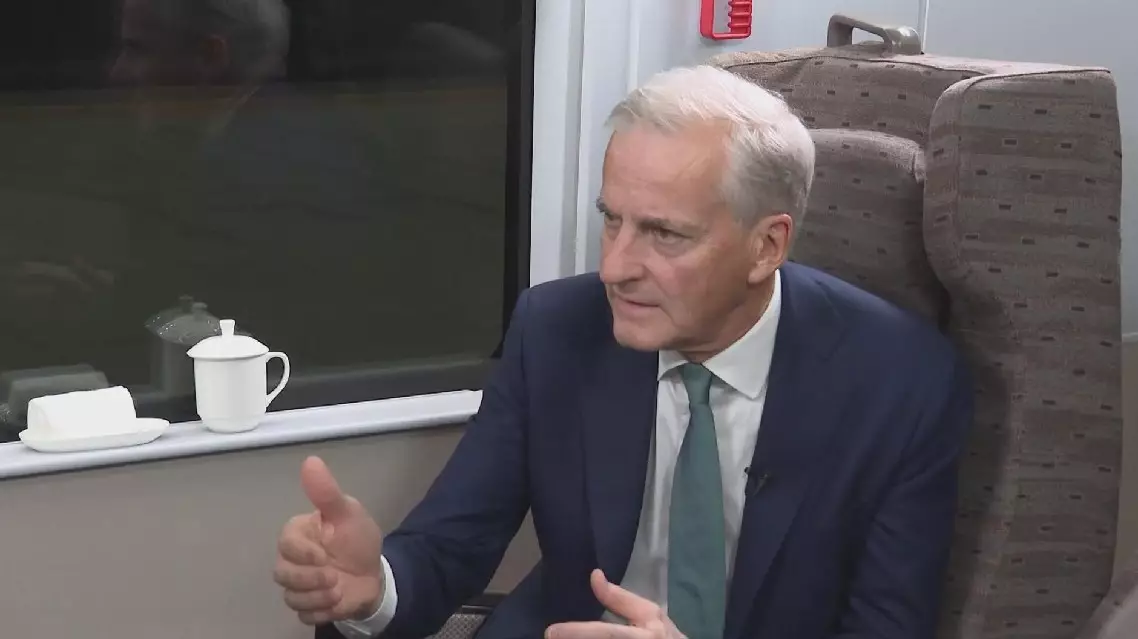
Norway to continue advancing Palestinian-Israeli peace process: PM


